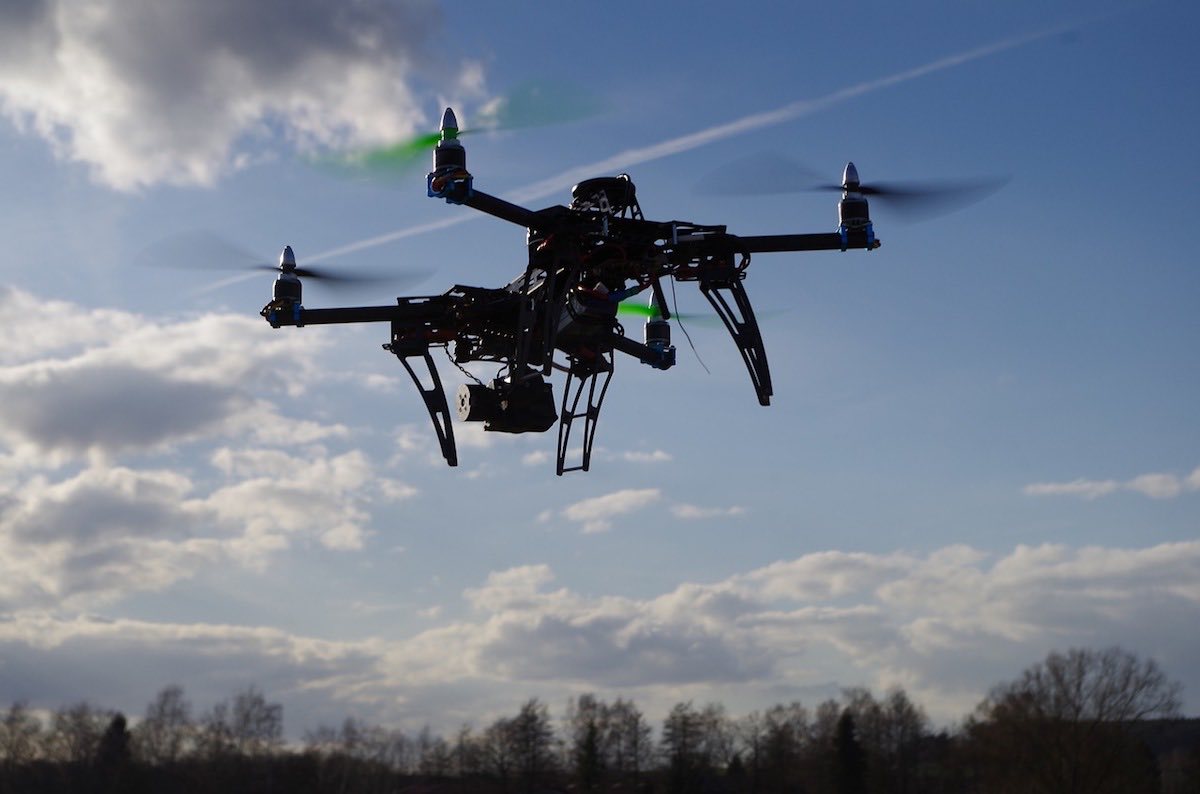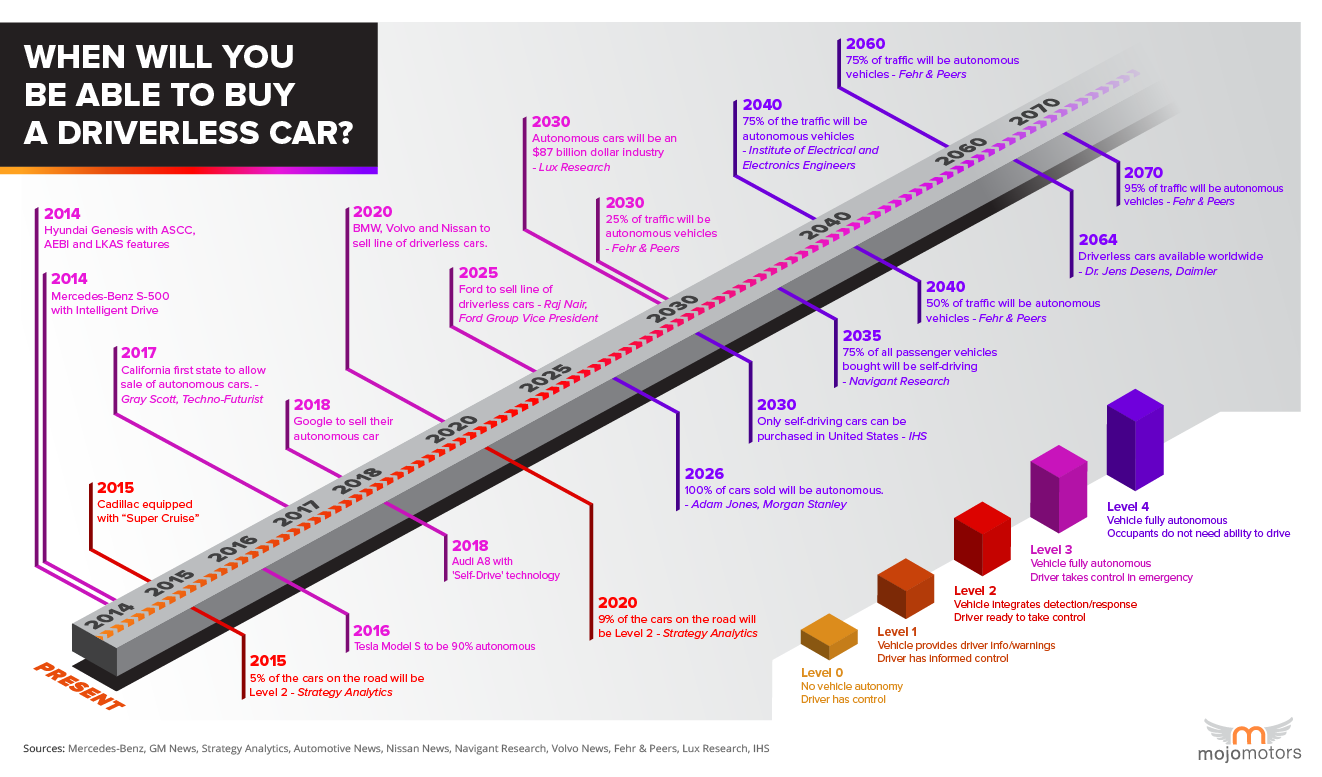Drones and autonomous transportation are part of the most innovative industries nowadays, and many experts predict an increase of demand shortly. Although we use drones mainly for recreation and fun, this will change soon. Surprisingly, one of the industries that are willing to embrace innovative technologies is oil and gas.
When talking about driverless cars, many of us imagine a company like Tesla with a visionary founder like Elon Musk. He has already revealed his plans for constructing an autonomous truck, but apparently, we are still in an early stage of development. No doubt autonomous vehicles will be used firstly for commercial purposes, not for private rides, and the reason is regulation. We believe that the oil and gas industry is going to be one of the early adopters of autonomous vehicles.
The 3rd Annual Blockchain, IoT & Machine Learning in Oil & Gas Canada Conference took place in Calgary on 13 – 15 February. One of the most impressive presentations we attended was Blockchain, Drones and Autonomous Transportation: How to Manage the Legal Risks and Reap the Benefits by Erika A. Carrasco from Field Law. She leads the firm’s Emerging Technology group with a current focus on Drone, Autonomous Vehicles and Cyber Liability law. Here are some interesting points from the presentation.
Drone forecasts by 2025

- The global drone market is $11.3 billion to reach $140 billion by 2025
- The Canadian market is expected to be comprise $100-$260 million of that by 2025
- Automation will be a key driver of the oil and gas industry by 2025
Drones in oil and gas:
- Pipeline inspections
- Live flare inspections
- Facilities, terminals, and storage monitoring
- Mapping (geo maps, 3D digitalization, and visualization)
Advantages of using drones:
- Drones help avoid downtime, shutdowns, and losses of revenue
- Faster because no shutdowns or interruption of services is required
- Safer by removing the human from confined or remote areas or high-risk areas
- More accurate and valuable data
- Proactive planning and maintenance of facilities
Autonomous Vehicles (AV) in oil and gas by 2070
- At least 30 companies worldwide are developing AVs
- Most companies are claiming that they will produce AVs within the coming decade, with some even promising them by 2020 – this shift is merely years away, not decades
- Oil and Gas will be one of the main commercial sectors to start using AVs
When will you be able to buy a driverless car?
An infographic designed by MojoMotors showing a timeline of when driverless cars will be available for you to buy. The future of the automobile industry is, no doubt, in autonomy. Moreover, smart mobility is one of the five trends disrupting traditional industries.
What are the predictions for autonomous vehicles?
- Google will start selling their autonomous car from 2018.
- BMW, Volvo, and Nissan will launch a line of driverless cars in 2020.
- 9% of the cars on the road will have detection/response driverless integration in 2020.
- Autonomous cars will be an 87 billion dollar industry in 2026.
- 25% of traffic will be autonomous vehicles in 2030.
- 50% of traffic will be autonomous vehicles in 2040.
- Driverless cars will be available worldwide by 2064.
- 95% of traffic will be autonomous vehicles in 2070.
Final quote – Don’t let a fear of risk stop innovation
Don’t let a fear of risk stop innovation. We like this quote, and we were happy to join the Energy Network Conference in Calgary, Canada. It was one of the few conferences about Blockchain, the Internet of Things, machine learning and other innovative technologies that are wired with field experts and real big case studies. We strongly believe that oil and gas are going to be one of the first industries that take advantage of new technologies. Read our full summary from the conference The Best of the Conference Blockchain, IoT & Machine Learning in Oil & Gas in Canada.















